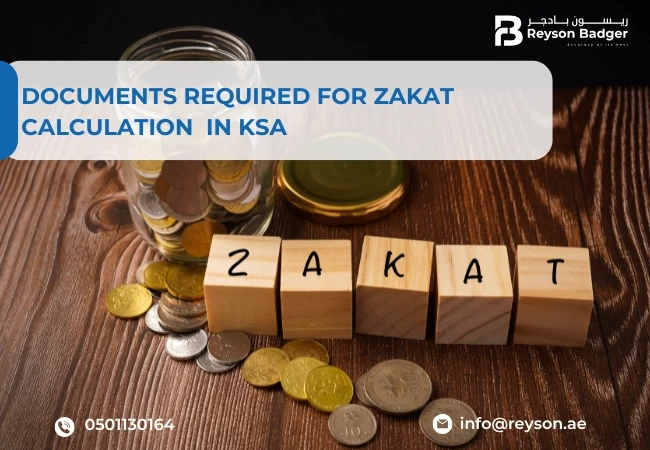

In the Gulf Cooperation Council (GCC) region, Zakat is an essential component of an organization's financial structure. In the Kingdom of Saudi Arabia (KSA), the Zakat, Tax, and Customs Authority (ZATCA) offers an electronic Zakat collection service. Having its roots in Islam's core beliefs, it is regarded as one of the Five Pillars of Islam. When it comes to enterprises held by Saudi and GCC nationals, zakat is essentially a wealth tax. This blog examines the complexities of Zakat and the complexities required for ZAKAT Calculation in KSA. The process of ZAKAT Calculation entails figuring out how much wealth is susceptible to this required almsgiving in Islam.
Zakat is computed using the net worth of a business, which is known as the "Zakat base." It is equivalent to 2.5% of the organization's Zakat base as per government standards.
For Example: Let's say a Saudi-owned business has a SAR 1,000,000 Zakat base. The amount owed in Zakat would be calculated as follows: 2.5% * 1,000,000 = SAR 25,000.
Foreign Ownership
Local Ownership
Salaries, wages, and employee benefits
Services and goods
Reyson Badger provides Zakat tax and accounting services. We offer annual Zakat and tax computation through our tax consultants. Based on a person's total income over a lunar year, the zakat calculation method determines the amount of charitable gifts mandated by Islamic law.